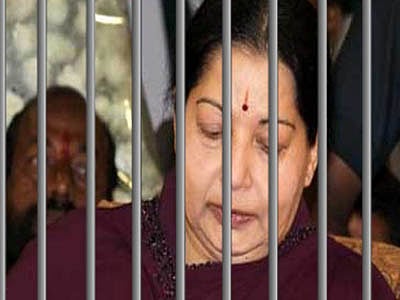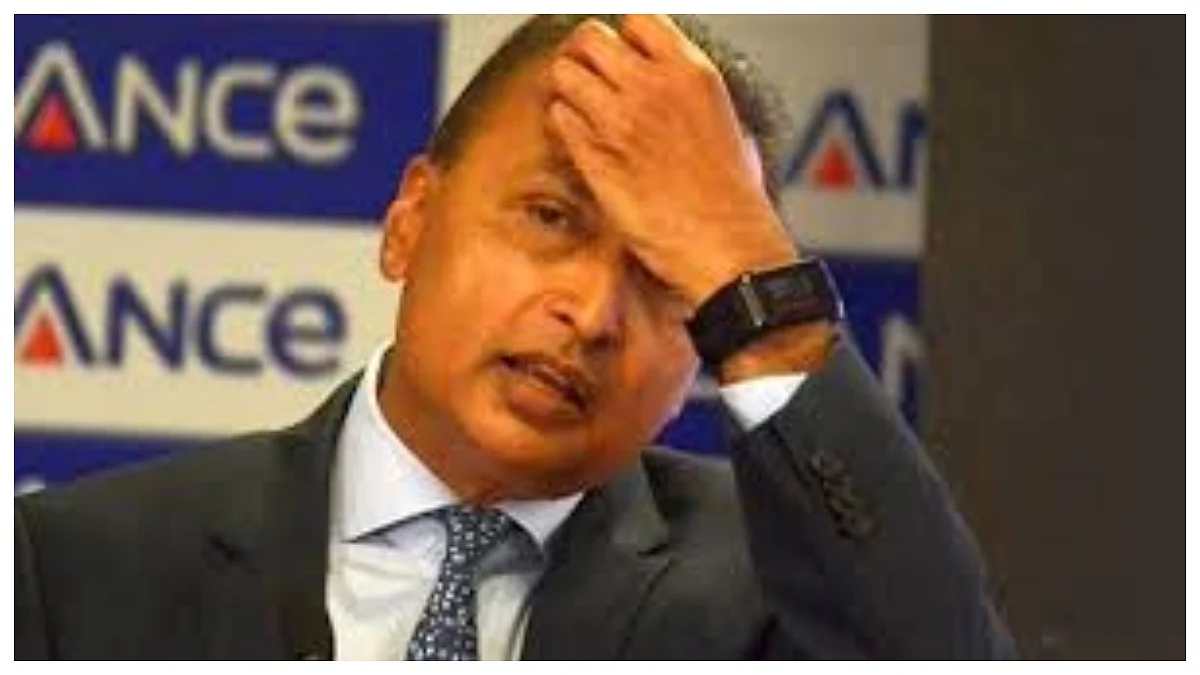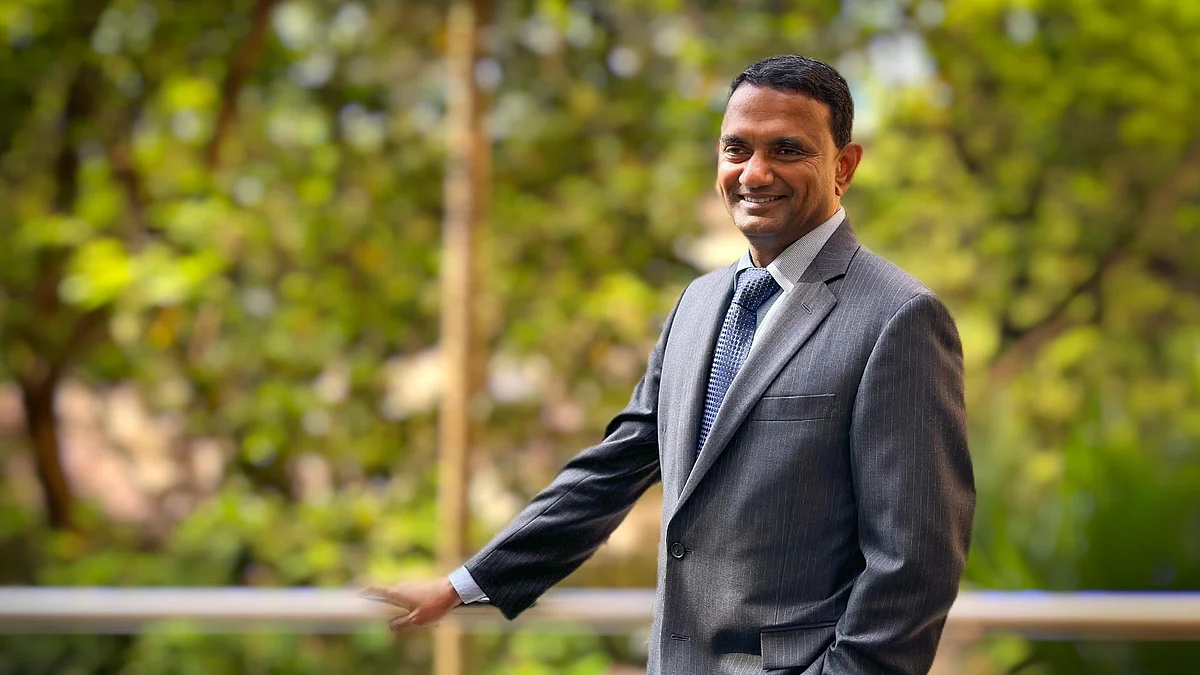New Delhi: The Supreme Court has come to the rescue of the former Tamil Nadu chief minister J Jayalalithaa in the disproportionate assets case and granted her bail on medical grounds. She would be set free on Saturday from the Bangalore jail along with three of her co-accused. The apex court bench presided over by chief justice H L Dattu has suspended her sentence of four years imprisonment and Rs.100 crore fine.
The relief, which was welcomed by jubilant supporters of the AIADMK chief, comes as a Diwali gift. But its longevity remains doubtful. Her lawyers have agreed to present her 35,000 page appeal to the Karnataka High Court by December 18, and Justice Dattu has specified that in the event of any delay the bail would not be extended even for a single day. All these directives were accepted by constitutional expert Fali S Nariman who represented the former chief minister.
After the appeal is presented to the High Court, the apex court would issue a directive that it should be disposed of within three months, and there should be no procedural delays. This is in the backdrop of the fact that it has taken 18 years for the case to come to this stage. In 2001, it was transferred from Tamil Nadu to Karnataka, so that the proceedings could be conducted without any interference.
On her own she has given an undertaking that she would remain in her home during this period, and also advise her supporters to observe restraint and not disrupt law and order. In compliance with this she issued a statement to that effect this evening.
Jayalalithaa, a three time chief minister of the state, has been accused of amassing wealth disproportionate to her known sources of income during her first term in office from 1991-96. The Special Court Judge John Michael D’ Cunha had, in his verdict, held Jayalalithaa and three others guilty of corruption that unseated her as CM. He had slapped a fine of Rs 100 crore on Jayalalithaa and Rs 10 crore each on the three other accused. She was sent to jail on September 27, and had sought bail from the Karnataka High Court that rejected her request, and then she approached the apex court.




